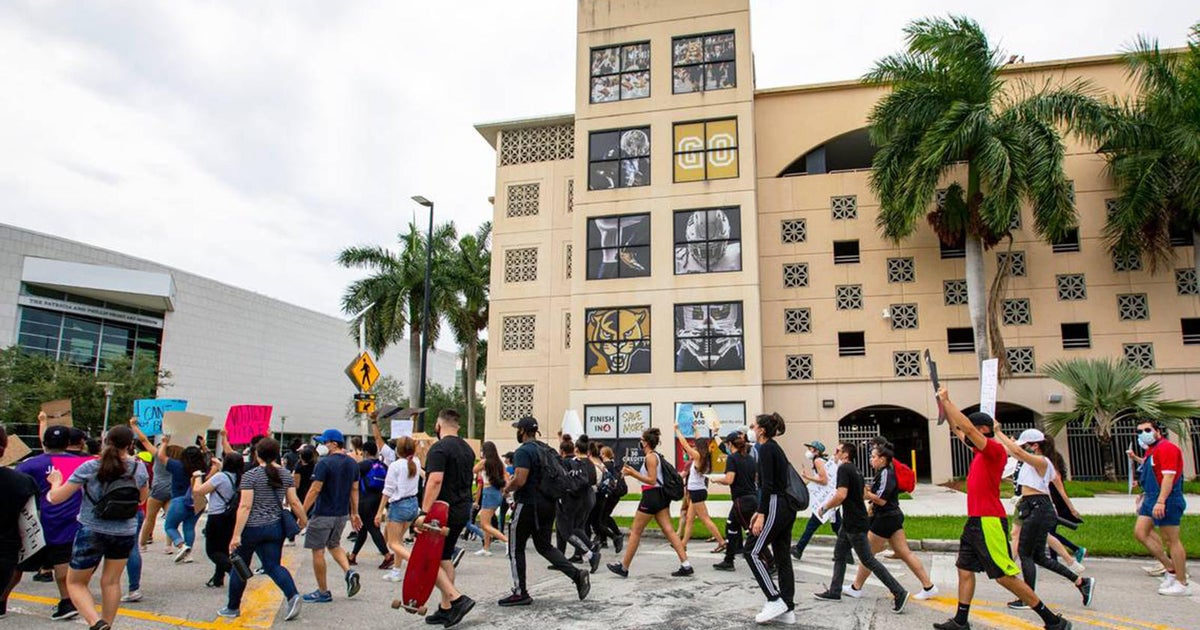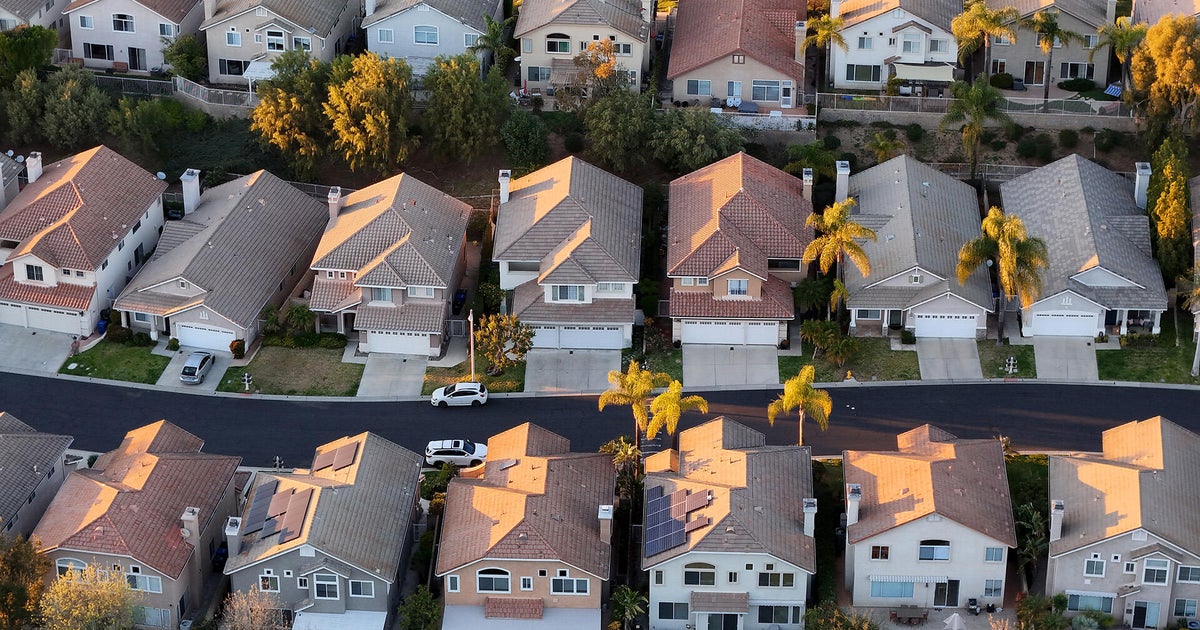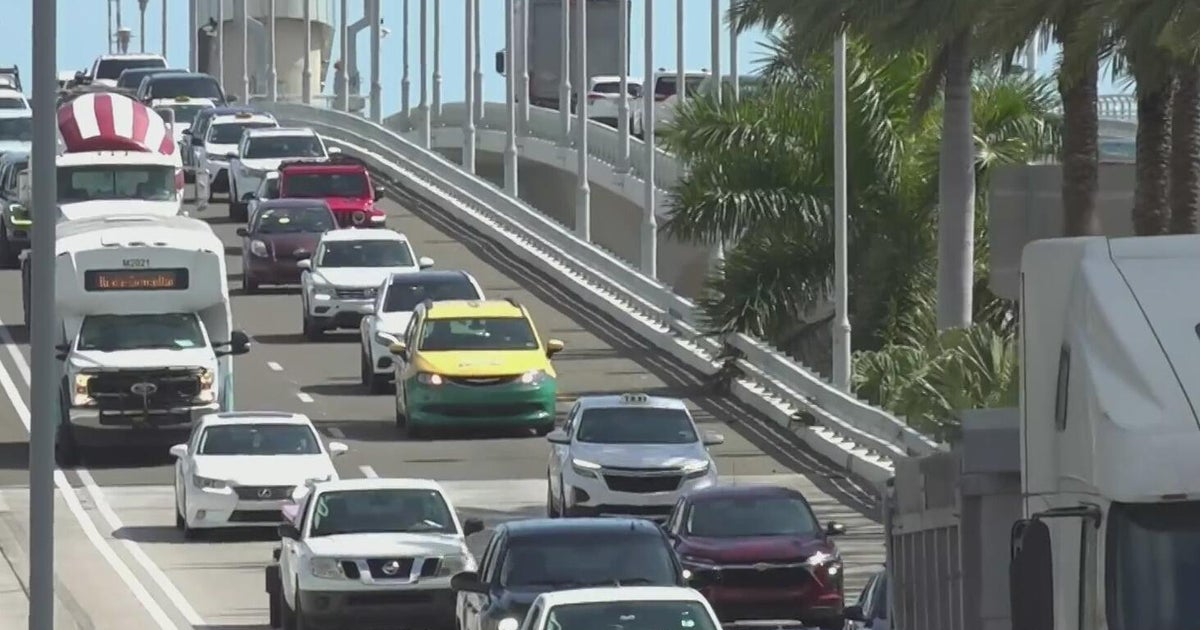TALLAHASSEE — Attorneys for Gov. Ron DeSantis and the Jacksonville sheriff on Wednesday instructed the Florida Supreme Court that innocent bystanders and peaceful protesters are not threatened by a controversial 2021 legislation that seeks to crack down on protests that flip violent.
“Collaborating in a criminal offense indicates extra than mere presence,” Sonya Harrell, an lawyer for the Jacksonville Sheriff’s Office, explained as justices tried out to parse the meaning of a vital aspect of the regulation championed by DeSantis soon after nationwide protests subsequent the 2020 dying of George Floyd, a Black man who was killed by a Minneapolis police officer.
The Supreme Courtroom heard arguments as an outgrowth of a federal lawsuit filed by groups these kinds of as the Dream Defenders and the Florida Point out Meeting of the NAACP alleging the law violated First Amendment legal rights. The civil-legal rights teams argued the law could direct to peaceful demonstrators struggling with costs when protests convert violent.
Chief U.S. District Decide Mark Walker in 2021 issued a preliminary injunction against the regulation, describing it as unconstitutionally “imprecise and overbroad.”
The state and the Jacksonville Sheriff’s Workplace, which is a defendant in the situation, appealed. But the 11th U.S. Circuit Court of Appeals in January asked for support from the Florida Supreme Court with what it called a “novel” concern – how to establish the that means of the phrase “riot” in the legislation.
The Supreme Courtroom quizzed attorneys Wednesday about sentence building and grammar in the law, but at least some justices appeared crucial of Walker’s interpretation.
“Some of us are not convinced that there is ambiguity right here,” Justice Charles Canady explained to James Tysse, an attorney for the groups that filed the lawsuit.
At a further level, Main Justice Carlos Muniz reported he assumed “this whole issue is strange.”
But in its January ruling, a 3-decide panel of the federal appeals court stated it was deferring a ruling on the state’s attractiveness of the preliminary injunction until finally the Florida Supreme Court docket could weigh in on the definition of a riot. The somewhat-abnormal go is known as certifying a concern to the point out court.
“The correct interpretation of the statutory definition is a novel concern of state legislation that the Florida Supreme Court docket has however to address,” the appeals-court docket panel explained. “After cautious thought, we workout our discretion to certify a dilemma to that (Supreme) Courtroom to identify precisely what conduct the definition prohibits.”
Tysse questioned justices to define a “riot” in a way that would preserve prior interpretations and ensure defense of legal rights of peaceful protesters.
“When the statute was enacted, my shoppers had been understandably worried that the law of rioting experienced altered to make it less difficult to sweep in those at protests who ended up merely exercising their 1st Modification legal rights, without the intent to dedicate any functions of violence,” Tysse explained immediately after the arguments.
The Supreme Courtroom generally can take months prior to issuing conclusions.
The 2021 law claims that a “man or woman commits a riot if he or she willfully participates in a violent general public disturbance involving an assembly of three or additional folks, acting with a prevalent intent to aid each and every other in violent and disorderly perform, ensuing in damage to another particular person, damage to house or imminent hazard of personal injury to one more person or damage to home.”
The appeals courtroom explained plaintiffs, for instance, have argued that the regulation does not outline what it usually means to take part in a violent community disturbance.
In his 90-site final decision, Walker pointed to considerations about vagueness.
“While plaintiffs declare that they and their users worry that it (the regulation) will be used against them based on the color of their skin or the messages that they convey, its vagueness permits those people in electrical power to weaponize its enforcement versus any group who needs to express any concept that the authorities disapproves of,” Walker wrote. “So, while there could be some Floridians who welcome the chilling impact that this legislation has on the plaintiffs in this circumstance, relying on who is in electricity, subsequent time it could be their ox staying gored.”
But Nick Meros, deputy basic counsel for DeSantis, explained all through Tuesday’s arguments that a particular person would have to “willfully” take part in a violent community disturbance to be prosecuted under the regulation.
“A person are not able to basically be present at a protest,” Meros mentioned.




